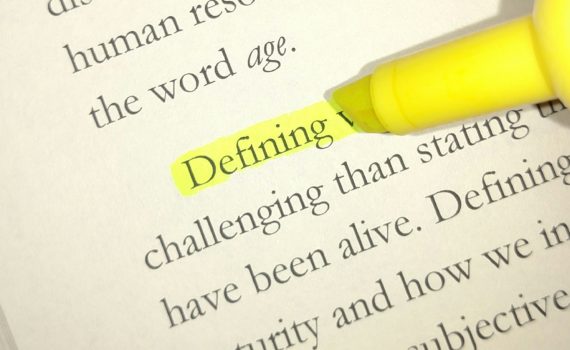
Generation Definition Trap
If you have fallen into this trap, it’s ok, many people have. The generations are not about age, they are about birth year.
Even the first newborn baby brought into the world in 2016 is getting older, but that doesn’t mean that when this baby turns 50 years old he/she will become a baby boomer. Today traditionals in our workforce are those around 71 years old or older. If either Hillary Clinton or Donald Trump is elected as the next President of the United States they will surpass the 71 year old mark during their tenure, (Donald Trump turns 70 this year – 2016) but they will still be baby boomers. They will always be baby boomers.
People discussing generational differences sometimes fall into the trap of relating generations to age, when in reality what is really important is their birth year. The shaping of the generations is created through many factors, the three most common are:
- Major shifts in socio economic conditions.
- Major shifts in technology.
- Times of significant turmoil, such as war.
Also critical for generational differences are things like rural versus urban living, geographic location, and espoused family values. It is important to understand that for exactly the reasons just described, other countries (here I’m referring to U.S.A.) will likely experience their own differences when defining their generations.
While all of this sounds very simple, it is one of the most common mistakes I hear when discussing generational differences with people. Just because we are all getting older doesn’t mean our generational definition will change.
Let’s get it right, before we get too old.
– DEG
Dennis E. Gilbert is a business consultant, speaker, and coach that specializes in helping businesses and individuals accelerate their leadership, their team, and their success. He is the author of the newly released book, Forgotten Respect, Navigating A Multigenerational Workforce. Reach him through his website at DennisEGilbert.com or by calling +1 646.546.5553.





